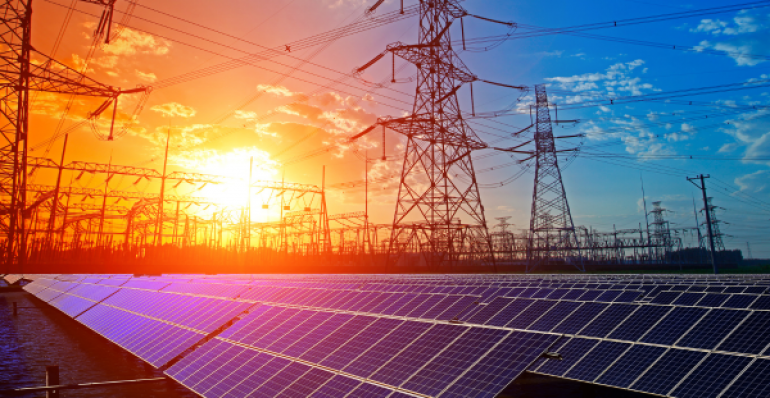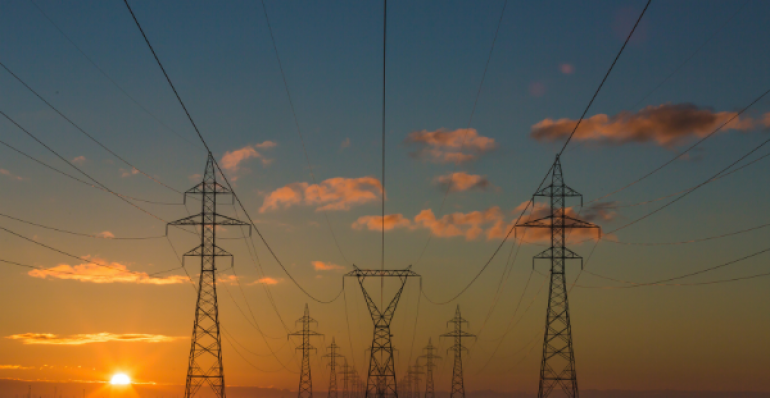The energy and water sectors need to make a transformative shift to decarbonise, expand and upgrade ageing infrastructure, harnessing the latest technological advancements. This shift presents a huge opportunity to inject fresh, diverse talent into the utilities workforce through a surge in green tech jobs and skills. Our latest report, funded by the Hg Foundation, examines the opportunities and challenges that green tech jobs and skills present to the energy and water sectors.
Project & Research Reports
Sustainability First has been working with National Grid to think about how to make the shift to clean energy fair, inclusive and affordable. We delivered six online engagement events in 2023, including three roundtables with stakeholders from the energy sector and wider community, and three workshops with citizens from across England and Wales. This engagement was aimed at fostering discussion, empowering citizens, and developing recommendations for National Grid and other decision makers in response to the opportunities and challenges in the clean energy transition.
The industrial gas SF6 is a potent, long lived gas with a global warming potential far greater than carbon dioxide. Widely used for decades in electrical switchgear, it has been favoured as an insulator. On climate grounds, a wide-scale reappraisal is under way looking at the use of SF6 in electrical equipment. Since this report was first published, EU legislation has changed, which makes finding alternatives a priority. This report is by Sustainability First Associates Maxine Frerk and Judith Ward (along with Janet Wood)
This short report summarises our work over the past 18 months and the impact this has had in driving forward the Smart Meter Energy Data Public Interest Advisory Group (PIAG) recommendations and how these sit within the wider context of the growing focus on energy data and digitalisation
While the government’s Energy Price Guarantee has provided price certainty for most customers, there remain several million often low-income households, for whom the position is deeply unfair. This report 'It's a Lottery: how Ofgem's price cap fails Economy 7 customers' by Maxine Frerk, explains how this has happened and how to address this
The changes taking place within much of the energy, water and communications sectors are profound and companies, regulators and policy makers are all impacted. Arguably there needs to be a similarly profound cultural change within these sectors if they are to deliver economic, social and environmental wellbeing. This report analyses how organisational culture, especially within these essential services, can support this much-needed transformation.
The lack of any coherent long-run plan for addressing a highly intense and long-lived greenhouse gas, SF6, commonly used as an effective insulator in electricity substation equipment, is problematic. In this commentary, we argue that Distribution Network Operators, the firms that own and operate the lower-voltage networks, must establish a common reporting methodology proposed by Ofgem - both for SF6 leakage and for their SF6 inventories. This is too fundamental to ignore.
Energy losses – the cost and carbon impacts of energy that is lost as it flows across the networks to the end-customer, is a vital but overlooked area that needs tackling. It accounts for around 15-20% of customer electricity network bills and around 1.5% of the UK’s carbon emissions. What particularly concerns us is that there is no clear ‘ownership’ of distribution losses.
This technical paper is a welcome expert contribution and 'explainer' from Dr Chris Harris. It sets out basic economic considerations in energy supplier hedging and discusses how these may interact with energy volumes, wholesale prices and the price-cap in a period of major uncertainty. He raises important questions about our near-term readiness and resilience for a cold winter and he stresses the short and longer-term imperative for energy saving.









